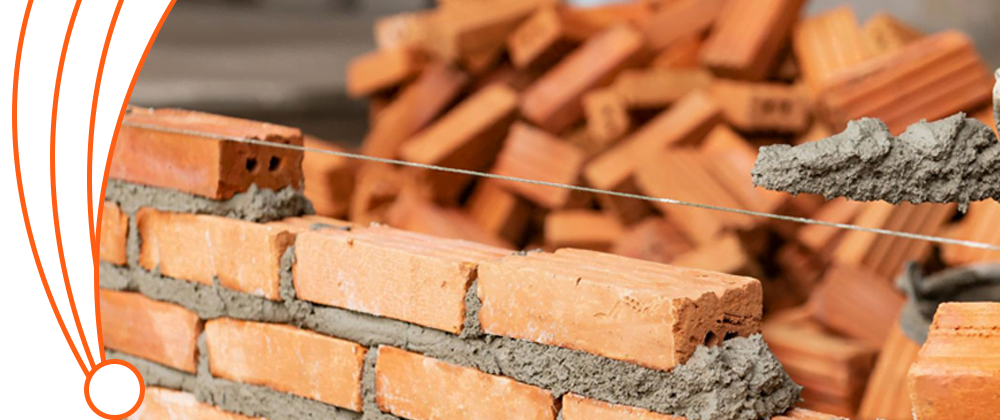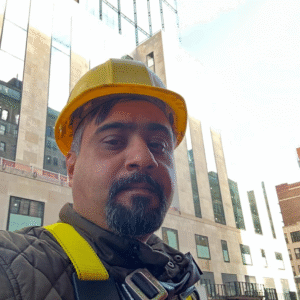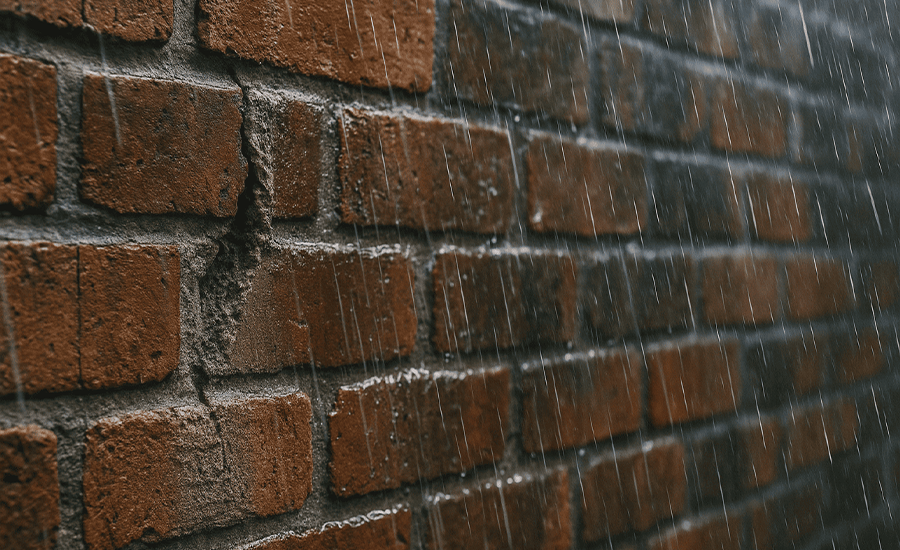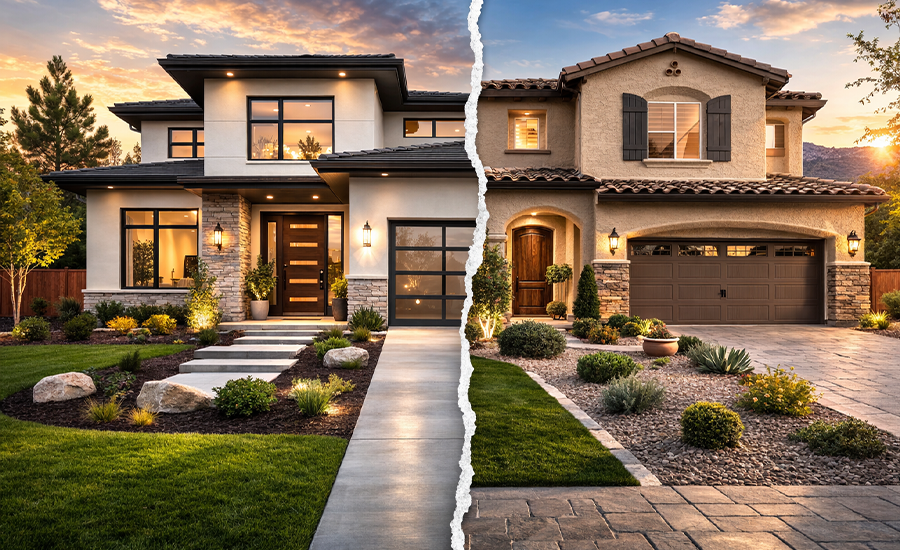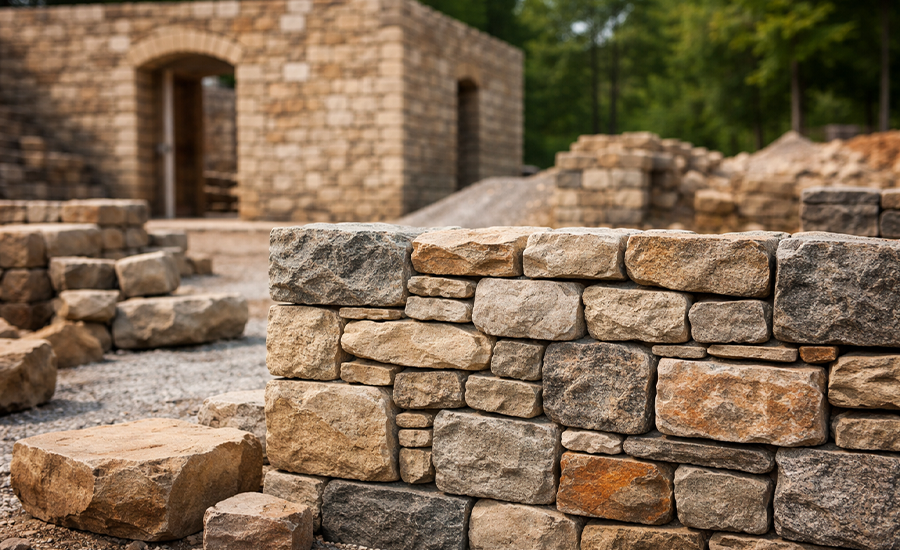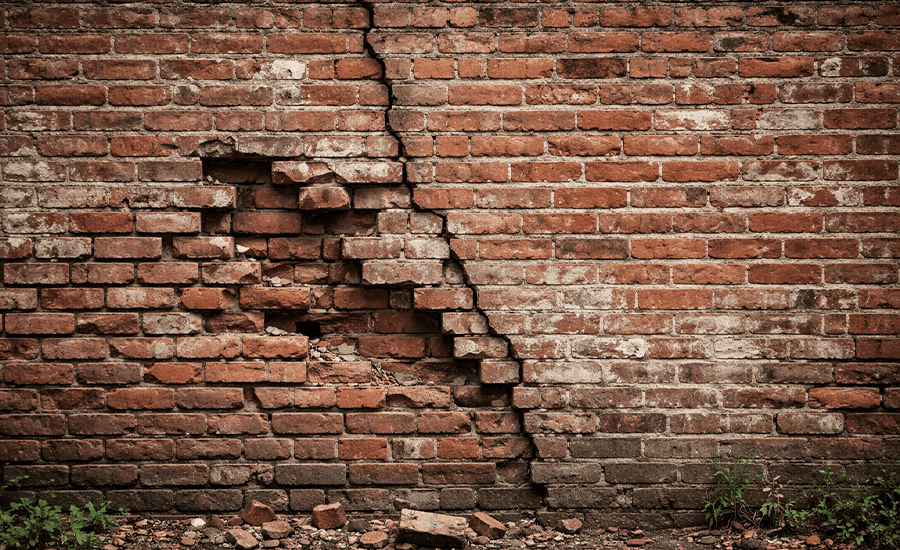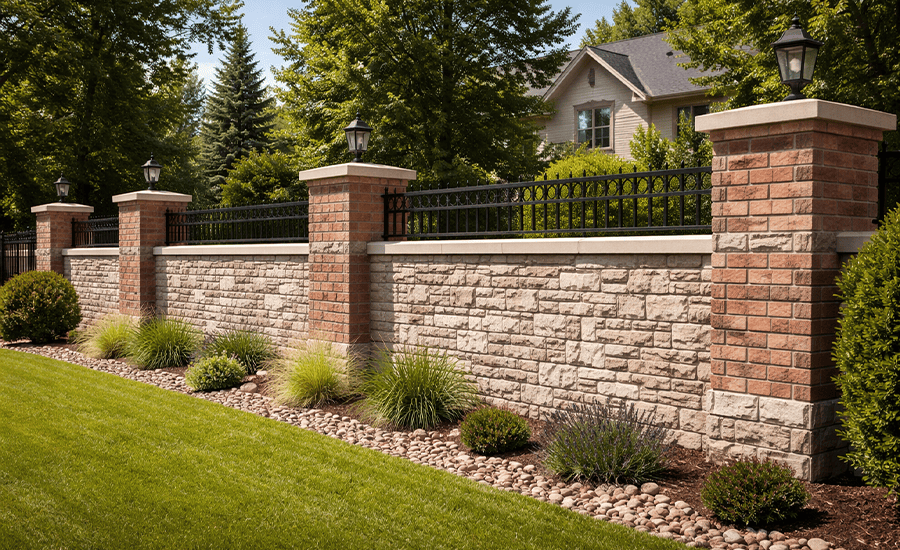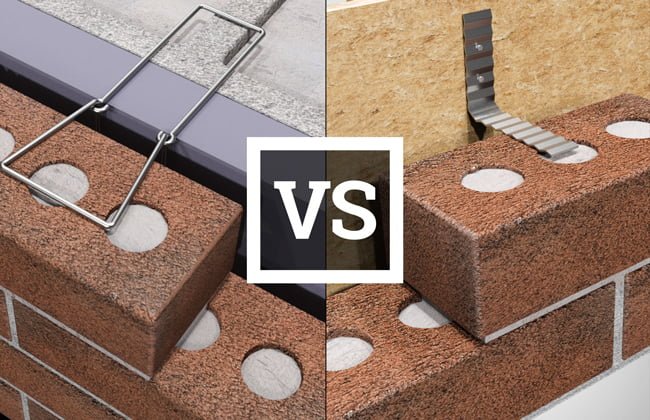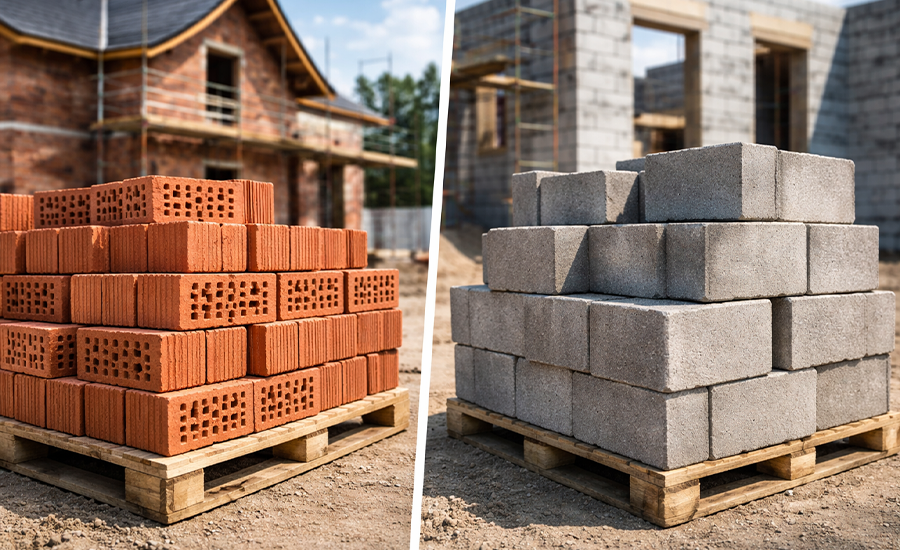Brick pointing is a crucial construction method that makes your masonry strong and your foundation stable. Brick pointing plays a vital role in protecting your brickwork from harsh weather conditions, keeping you indoors insulated, and it also enhances the visual appeal of your brick structures. However, most importantly, the different climates have various effects on durability. Using compatible and high-grade mortar, such as when brick pointing, can help save your masonry from weathering. Brick pointing involves the process of masonry repairs and restorations, which keeps your masonry properly maintained and up to date.
In this blog, we’ll thoroughly explain the significance of brick pointing and the effect of climate on durability.
Significance of Brick Pointing in Masonry
Before exploring how different weather conditions can affect mortar, it’s essential to understand why brick pointing itself holds such importance in masonry.
- Construction Reliability: Holds bricks together and prevents shifting.
- Elemental Shielding: Seals joints against water penetration.
- Artistic Merit: Maintains clean, neat lines in masonry.
- Damage Mitigation: Stops moisture infiltration that causes damage.
How Climate Affects Mortar Durability
Once the role of brick pointing in masonry is clear, the next step is to see how climate plays a direct part in determining the strength and lifespan of mortar joints.
Humidity Considerations
- Mortar absorbs water because it is porous.
- Constant dampness weakens pointing and causes crumbling.
- Risk of efflorescence
Temperature Challenges
- High heat dries out mortar, making it brittle.
- Extreme cold contracts mortar and causes cracking.
- Rapid shifts between hot and cold accelerate joint failure.
Frost Action Cycles
- Water inside the mortar freezes, expands, and cracks joints.
- Repeated cycles cause mortar erosion and loose bricks.
- Particularly damaging in northern and mountainous regions.
For a detailed look at how repeated freezing and thawing impacts masonry, you can also read our guide on how does freeze-thaw cycling affect brick pointing longevity?
Force of Wind and Precipitation
- Wind pushes rain deep into mortar joints.
- Accelerates erosion, staining, and surface wear.
- Coastal areas face the most substantial impact.
Effects of Solar Radiation
- Prolonged exposure dries mortar too fast, causing surface cracks.
- UV rays gradually weaken mortar binders.
- Thermal expansion under heat increases fissures.
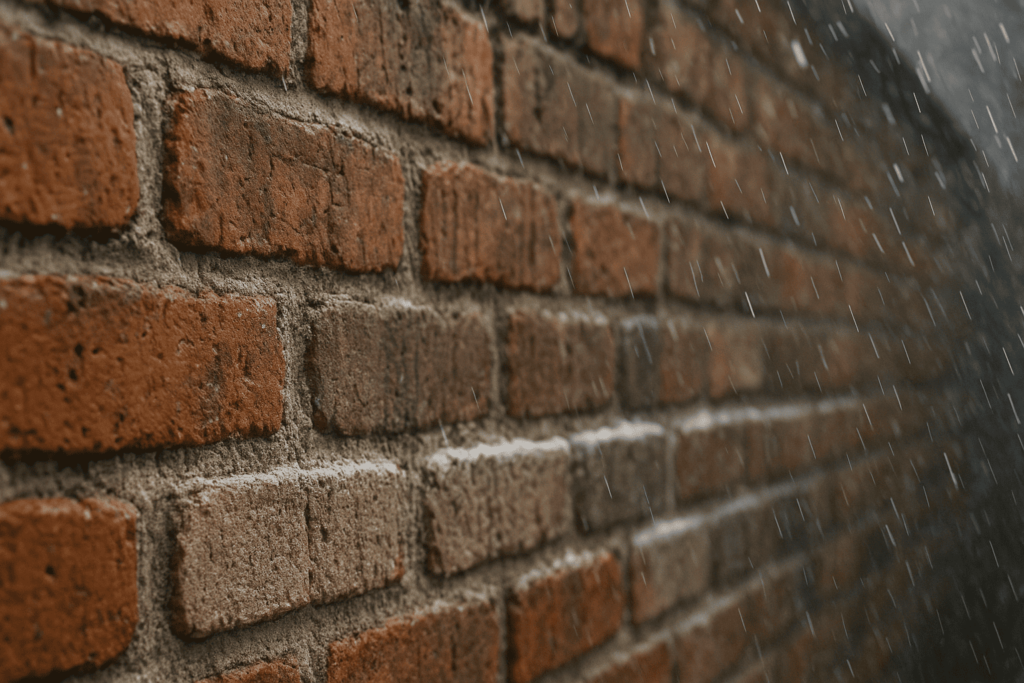
Climate vs. Mortar Durability at a Glance
Let’s have a look at how the climate challenges can affect the mortar durability:
| Climatic influence | Stress on the brickwork |
|---|---|
| Precipitation impact | Results in freeze-thaw cracking’s and salt buildup on the surfaces. |
| Thermal stress | Results in expansion and contraction in the masonry. |
| Dampness level | Results in humid staleness and mold growth. |
| Rain penetration | Brick abrasion and moisture absorption in the masonry. |
| Sunlight impact | Not properly cured and thermal-stress lines. |
Conclusion
In conclusion, fluctuating weather conditions and climates can harm brick pointing, which impacts the structural strength and durability of the brickwork. Environmental wear and tear can lead to significant damage, making brick pointing necessary. By selecting the right materials and conducting regular inspections, you can extend the lifespan of brick pointing and make it visually appealing.
Sardar Restoration Corp. proudly serves every corner of NYC, including the Bronx, Manhattan, Brooklyn, Westchester, and Queens. Our services are designed to meet your needs, providing top-quality solutions wherever you are. Check our service areas to see how we can assist you in your location.
Contact us today at (+1) 917-355-8556 or sardarrestoration@gmail.com, or visit us at 2770 Fish Ave, Bronx, NY 10469, United States.
FAQs
Do you use different mortar mixes depending on the climate?
Yes! Sardar Restoration Corp. stays vigilant when it comes to weather-resistant mortar. We use lime-based mortar in cold climates and cement-based mortar and water-absorbing mortar in hot climates.
Can heavy rain or damp weather damage my pointing?
Yes! Heavy rain can damage v-pointing and deteriorate mortar. Still, you don’t need to worry about it because we apply high-grade weather-resistant sealants that act as a barrier and keep your masonry protected from damp weather.
Will repointing improve my home’s resistance to climate damage?
Yes! Sardar Restoration Corp. meticulously performs repointing to retain foundational strength, shield against moisture penetration, and protect from extreme weather conditions.
What kind of pointing’s do you offer?
Sardar Restoration Corp. offers a wide variety of pointing’s in residential and commercial properties in NYC, including:
